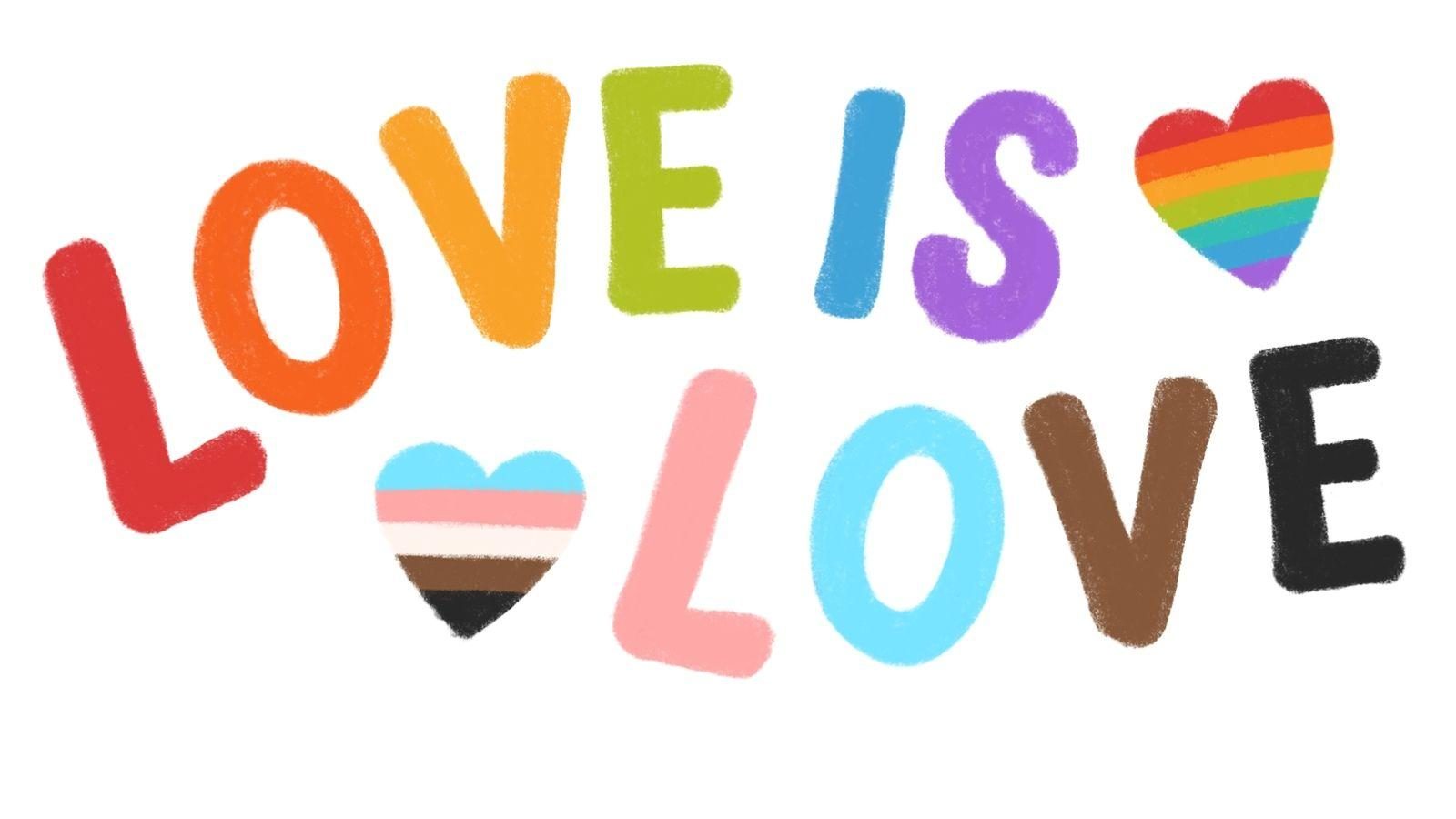
Belonging and acceptance are key to everyone’s sense of self. But if an adolescent is struggling with their sexuality or gender identity, what should you do?
“Parents should always love and support their child, especially when they’re coming out as LGBTQ,” says Kaitlyn Hansen, MSN, RN, CPNP-PC, a pediatric nurse practitioner in Ryan Health’s school-based health network. “One of the biggest things I've learned is that there should always be a sense of belonging. It makes a huge difference in an adolescent’s mental health.”
Pride Month is a time for the LGBTQ (lesbian, gay, bisexual, transgender, and queer) community to celebrate their uniqueness. But it’s also a time to shine a light on the issues related to accepting oneself as an individual.
We all remember being an adolescent and trying to determine the best way to express who we are. Whether that’s fitting in or standing out, finding a support network is key. For LGBTQ youth, identifying that support network may be tough.
“GSA (Gender and Sexuality Alliances) clubs are an important part of the school environment for LGBTQ kids,” Hansen says. “Students find a sense of belonging there.”
GSAs are organized by GLSEN, the Gay, Lesbian and Straight Education Network. GLSEN outlines how to start a club and how to find a faculty sponsor. According to GLSEN’s website, GSAs “improve school climate, individual well-being and educational outcomes for LGBTQ youth. Participation is related to stronger school connectedness and improved academic achievement for LGBTQ youth, and regardless of whether LGBTQ students themselves participate in their school’s GSA, just having a GSA in their school can create a more positive school climate for LGBTQ students.”
“Students who come to me who are questioning their identity often haven’t shared their identity with their parents yet,” Hansen says. “They’re not sure who best to share that information with. I’m not in their family environment, so I don’t know what the response will be. What resources can I connect them to if their parents won’t be supportive?”
Family supportive therapy is a good idea and can help everyone process their feelings. Open communication is the key. If parents aren’t open to therapy and are not supportive, Hansen tries to talk to them individually about the mental health of their child. “It’s not within my power to change parents’ minds, but they do care about the well-being of their child no matter what their feelings are.”
There can be consequences for an LGBTQ youth feeling rejected. Anxiety, depression and self-harm are all possibilities. Ryan Health’s school-based centers all have Licensed Clinical Social Workers (LCSW) who can provide counseling.
“One critical component of coming out is making sure to use the youth’s specific pronouns, especially for trans and non-binary kids,” Hansen says. Research shows that “28 percent of trans and nonbinary youth who reported no one accepted their pronouns attempted suicide in the past year.” That dropped to 12 percent for those who had all or most of their pronouns accepted.
Today’s LGBTQ youth are more accepted and have more resources available to them than previous generations. But a sense of belonging, including a solid family support structure, is key.
Ryan Health’s seven school-based health centers provide access to a wide range of counseling options, in addition to physical health needs. To see if your child’s school hosts Ryan Health providers, check this link to our website.